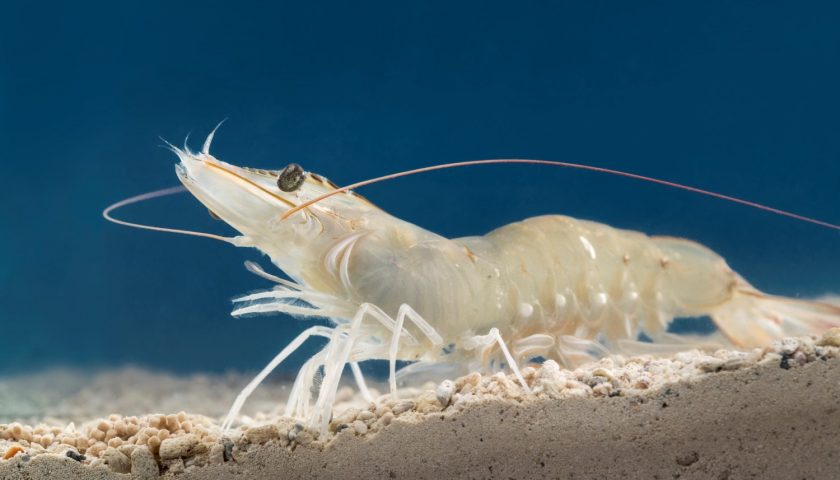In a significant development, highly pathogenic avian influenza (commonly known as bird flu) has made its presence felt beyond poultry, impacting dairy cattle in the United States. On March 26, 2024, authorities confirmed cases of avian influenza in dairy cows in Texas.
The confirmation came after the Texas Department of Agriculture received validation from U.S. Secretary of Agriculture Tom Vilsack and the Animal and Plant Health Inspection Service (APHIS). The virus was detected in dairy establishments, notably in three Texas dairies and one in Kansas. Fortunately, unlike poultry, infected cows are not subject to culling, with a full recovery expected, as stated by Texas Agriculture Commissioner Sid Miller.
The global scientific and health communities have long been concerned about avian influenza’s potential to mutate and cross species barriers. While its primary impact has been on birds, there have been ongoing fears of transmission to mammals, including livestock and humans. This recent detection of avian influenza in dairy cattle reinforces those concerns.
Texas ranks fourth in milk production nationally, playing a crucial role in the dairy sector. The outbreak poses yet another challenge for the agricultural landscape in the Texas Panhandle. Commissioner Miller stressed the importance of safeguarding Texas producers and ensuring food supply chain security. The Texas Department of Agriculture is actively monitoring the situation and utilizing all available resources to uphold the industry’s high standards of quality and safety.
Commissioner Miller assured consumers that stringent safety measures and pasteurization protocols protect dairy products from avian influenza contamination. The Texas dairy industry adheres to strict standards to ensure product safety, with no threat posed to the public. Any contaminated milk has been swiftly discarded, and the pasteurization process effectively neutralizes the virus.
Affected cattle exhibit symptoms similar to regular flu, including fever and changes in milk consistency. However, the economic impact extends beyond individual animals, disrupting dairy operations and potentially affecting milk prices. Authorities are closely monitoring the situation, with the dairy industry remaining vigilant in safeguarding both livestock and consumers.





